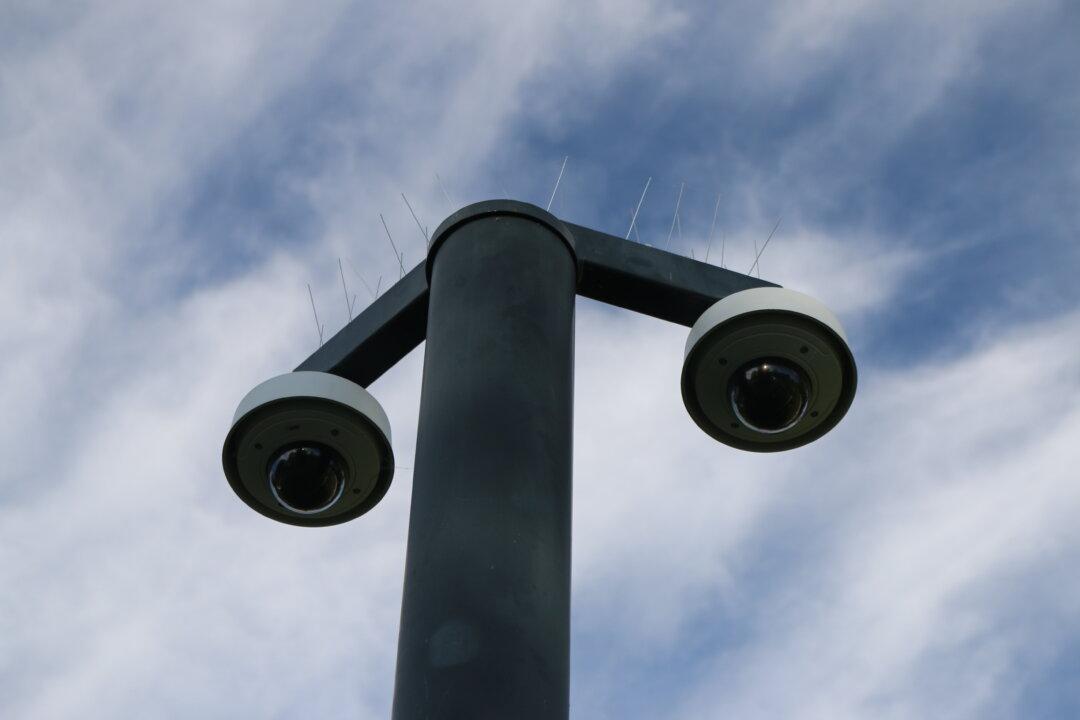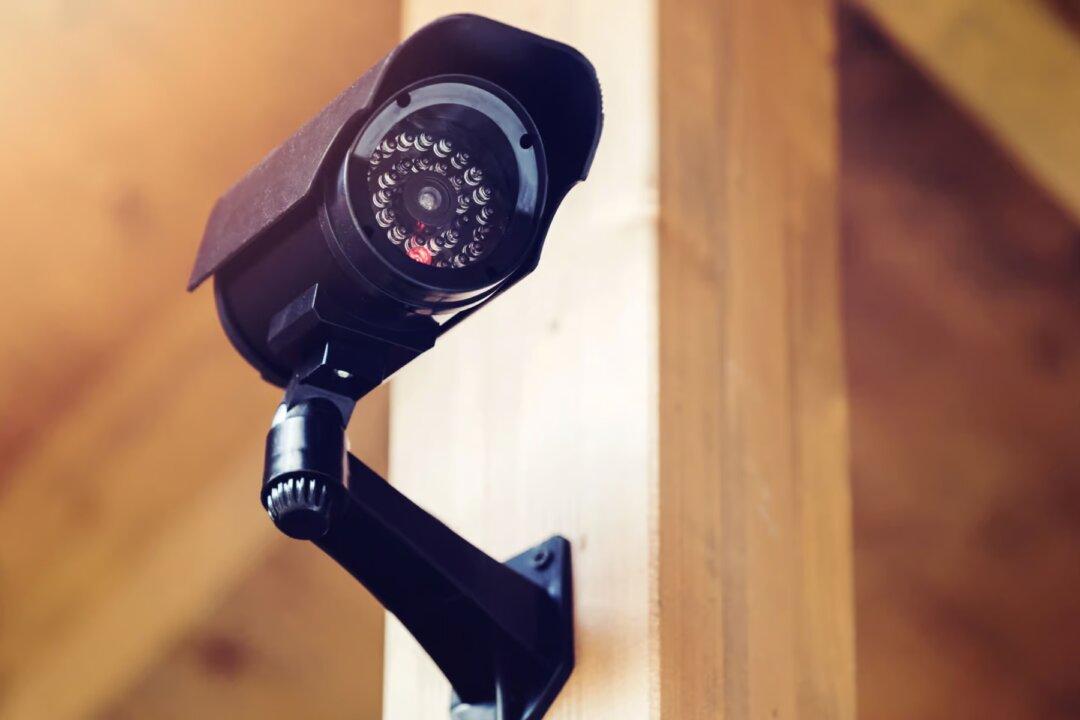Commentary
For nearly a year, the lives of LA city employees who have chosen not to be vaccinated for COVID-19 have been turned upside down as they live each day with uncertainty and find themselves navigating a Kafkaesque labyrinth of local government bureaucracy.





